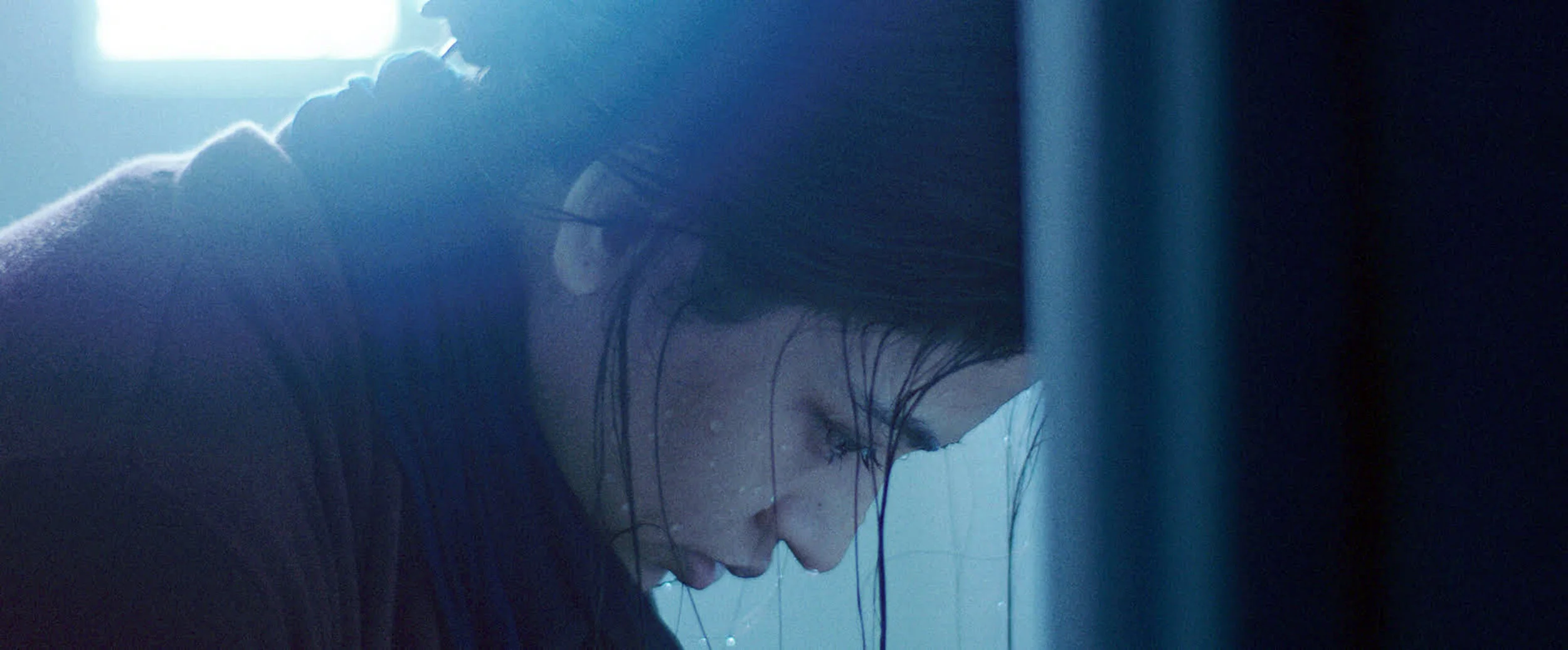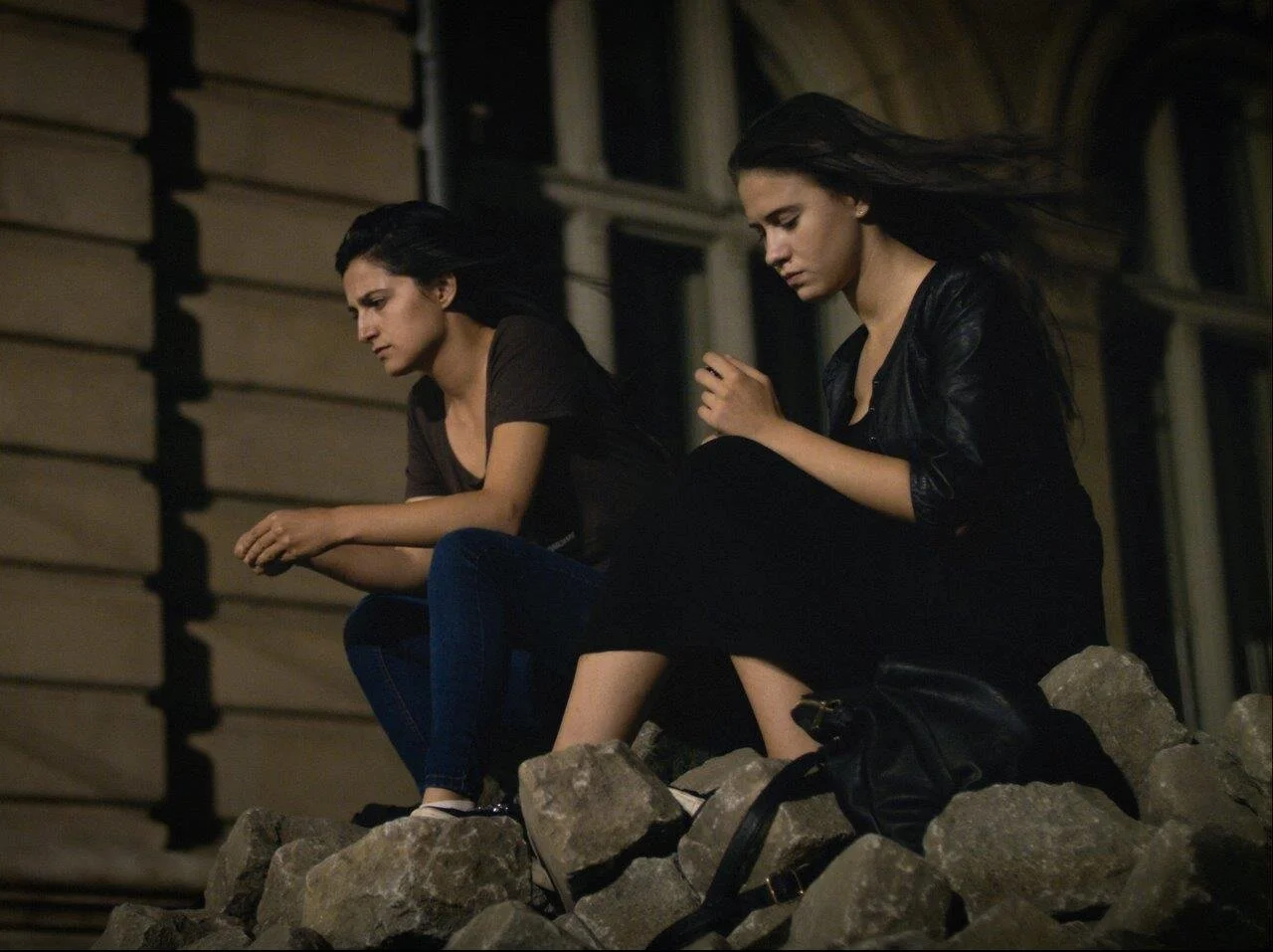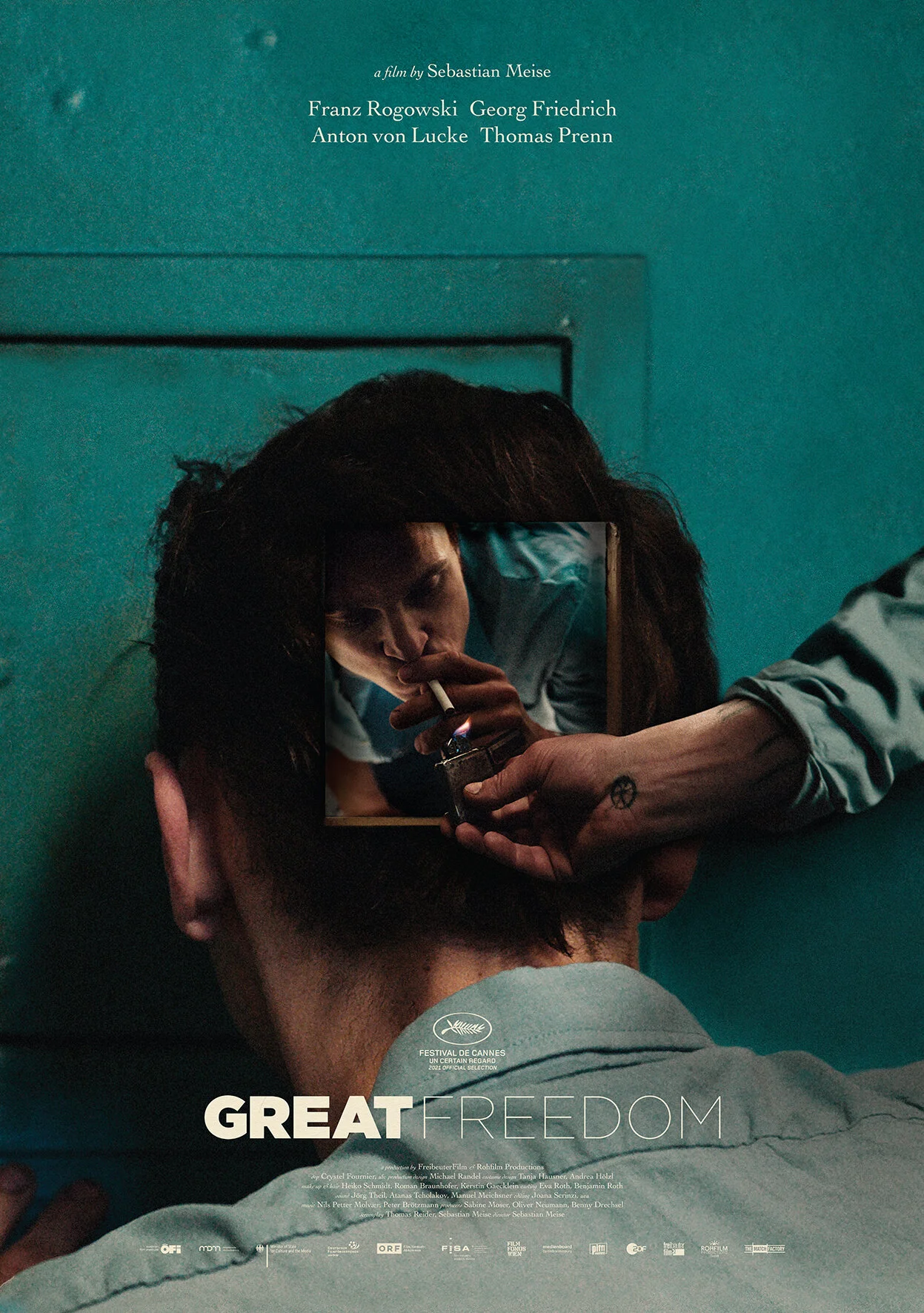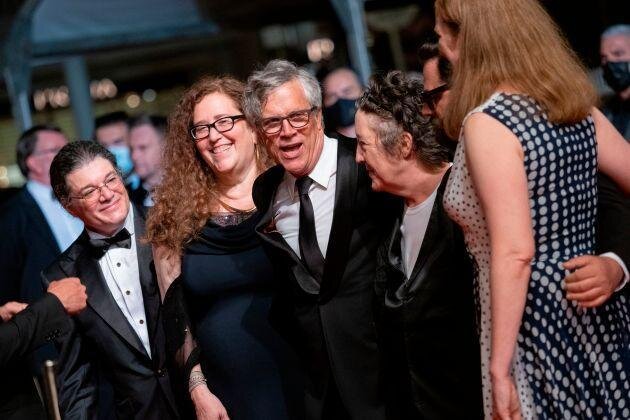All in Cinegirl at Cannes
LAUREN DEVINE caught up with Brazilian director Anita Rocha da Silveira, whose second feature film Medusa premiered in this year’s Director’s Fortnight at the Cannes International Film Festival.
Born and raised in Rio de Janeiro, Anita Rocha da Silveira (@anitarochadasilveira) wrote and directed three short films before embarking on her first feature film, Kill me Please, which screened at the Venice International Film Festival and SXSW, among others. Medusa, her sophomore feature, premiered to critical acclaim in the Director’s Fortnight program at this year’s Cannes International Film Festival.
My first year attending the Cannes International Film Festival was a wild ride to say the least. What was supposed to be a three-day cinematic vacation turned into 25 films in 10 days with barely enough time to eat and sleep between screenings. Brushes with fame included cutting up Spike Lee at a crosswalk, holding open a door for Jodie Foster and narrowly avoiding dropping a chair squarely on Orlando Bloom’s head. I wouldn’t change it.
One of two African films which competed for this year’s Palme d’Or, award-winning Chadian director Mahamat-Saleh Haroun’s latest feature Lingui explores the bond between a stoic and hardworking mother, Amina (Achouackh Abakar Souleymane), and her pregnant teenage daughter, Maria (Rihane Khalil Alio) in this deeply affecting drama.
The festival’s esteemed Marché du Film—one of the world’s most hotly anticipated international film markets—has launched a new program focusing on the environment and diversity.
Following 2016’s Live From Dhaka which won top prizes at the Singapore International Film Festival and screened at Rotterdam and Locarno, Bangladeshi director Abdullah Mohammad Saad’s second feature film Rehana combines deliberately unsteady camera work and a series of relentless street and bodily sounds to affront the senses and immerse us in the titular character’s morally ambiguous contemporary Bangladesh.
Based on the true story of co-director Vesela Kazakova’s family, who also plays Yoana, Women Do Cry is very much a family affair. The film follows a hopelessly fractured yet ferociously devoted on-screen extended family portrayed by an explosive female ensemble cast—many of whom are related in real life—dealing with the trials and tribulations wrought by damaging patriarchal attitudes that persist towards women in contemporary Bulgaria. Borat 2 star Maria Bakalova plays principal character Sonja, and a heated interaction with her tempestuous sister Lora (Raltisa Stoyanova) at the start of the film plunges the audience into the impossibly fraught closeness found only between sisters. Insults fly and clothing is hurled over the balcony of their tiny high-rise apartment, and hair pulling, door slamming, and exasperated yelling characterise their interactions throughout the film. Their relationship pivots from derisive insults to unwavering loyalty as the sisters deal with Sonja’s HIV+ diagnosis after she learns too late that her partner has a wife, a child and is HIV-positive.
Néhémie Bastien ought to be marked as a talent to watch following her illuminating performance as the strong-willed and spirited Freda in Gessica Généus’ Creole-language debut. Set against a backdrop of the political turmoil and social upheaval which prevailed in the Haiti of 2018—which continues to this day, exacerbated by the assassination of Haiti’s president Jovenel Moïse on July 7, 2021—Freda explores the cultural oppression and colonial legacies which continue to dominate Haitian society. In a country where women are encouraged to strive for beauty, that they might become the coveted prize of a wealthy man, and education is deemed a fruitless pursuit for young women like Freda, Bastien’s eponymous character explores the reality that paving the way for progress can only be achieved in defiance of these cultural expectations.
Spanning the decades following World War II, director Sebastian Meise’s German-Austrian co-production follows gay German man Hans’ (Franz Rogowski) numerous extended stints in prison, repeatedly incarcerated under Paragraph 175 of the German penal code, which criminalised homosexuality and sanctioned the persecution of homosexuals until 1994. Georg Friedrich plays Hans’ surly and unpredictable Austrian cellmate Viktor, who remains incarcerated throughout Hans’ recurring stints in prison for repeat offences.
This archive-heavy retrospective doc immerses viewers in the world of The Velvet Underground, one of the most infamous and experimental bands of the sixties. During a discussion of his work with the Museum of Moden Art, Haynes signalled that the Velvet Underground doc will adopt a queer lens which features in much of his work: “Part of the ambition behind making another film with the word Velvet in it [referring to his 1998 gay glam-rock musical drama “Velvet Goldmine”] was the gayness, the queerness, the sense of camp.”
After featuring in competition for the Palme d’Or at Cannes in 2018 with Girls of the Sun, director Eva Husson returned to the French Riviera with her latest, an adaptation of Graham Swift’s novel Mothering Sunday, in this year’s inaugural Cannes Première sidebar. Featuring an all-star cast including Odessa Young, Josh O’Connor, Colin Firth and Olivia Colman, this poetic character-driven drama set in Britain’s interwar period is an affecting ode to loss, mourning, and forbidden love.
A filmmaking couple's summer retreat to the idyllic island that inspired their hero Bergman blurs the lines between reality and fantasy in their own relationship.
At the press conference following the official competition premiere of The Worst Person in the World, Norwegian director Joachim Trier confessed that “I’m not sure there’s any such thing as pure love. There are always too many agendas, both conscious and unconscious, at play.” Trier’s statement neatly encapsulates what he regards as the multifarious nature of love, a question that is endearingly explored by lead actress Renate Reinsve’s character, Julie.
Benedetta is a 2021 French and Dutch biographical drama film directed and co-written by Paul Verhoeven, starring Virginie Efira as Benedetta Carlini, a novice nun in the 17th century who joins an Italian convent and has a lesbian love affair with another nun.
BENEDETTA Im. Credit - Guy Ferrandis _ SBS Productions
Compartment No. 6 is a 2021 internationally co-produced drama film co-written and directed by Juho Kuosmanen, based on the 2011 novel of the same name by Rosa Liksom. It tells story about a train journey of a Finnish female student and a Russian worker across Russia to Murmansk.
Following Northern Irish director Mark Cousins’ documentary series “The Story of Film: An Odyssey,” his latest documentary THE STORY OF FILM: A NEW GENERATION is premiering in a special screening at Cannes this afternoon. The first of the festival’s many offerings made under the duress of the pandemic, Cousins shot and edited this project in various stages of lockdown.















![THE STORY OF FILM: A NEW GENERATION - MARK COUSINS [Special Screenings]](https://images.squarespace-cdn.com/content/v1/5c98ecabfb22a50fc829625a/1627373846426-LZHS4KVHKEM6HUX5L9KT/1_Art_TheStoryOfFilm_Poster1.jpg)